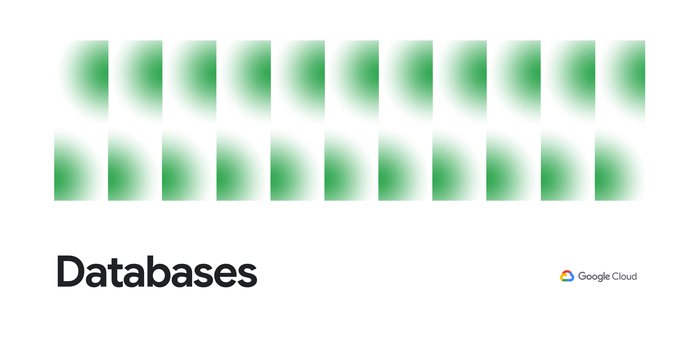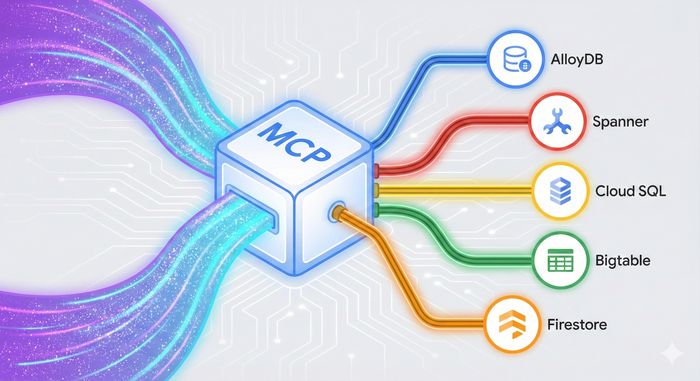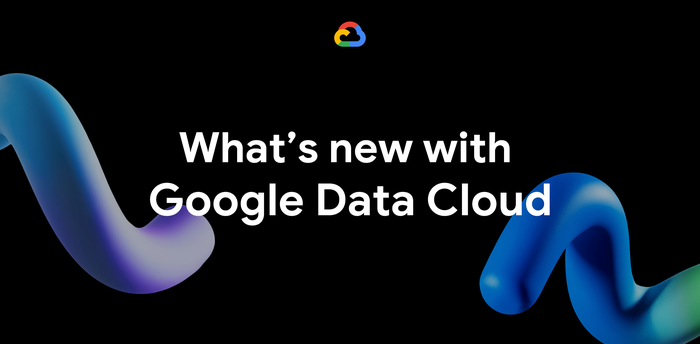COLOPL, Minna Bank and 7-Eleven Japan use Cloud Spanner to solve digital transformation challenges
Anita Kibunguchy-Grant
Head of Product Marketing, Databases
Today’s consumers expect amazing feats of speed and service delivered through easy-to-use apps and personalized interactions. Modern conveniences, like buy-online and pick-up in store, instant digital payments, and real-time ride sharing requests, have taught consumers that their experience is paramount—no matter how big the company, how complex the problem, or how regulated the industry. At the heart of our always-on, digitally connected world lies a new type of application that provides users with real-time information at a global scale.
Google Cloud provides a ground-breaking platform for innovation based on decades of our own first-hand experiences developing one-of-a-kind storage systems. Many organizations have adopted our leading cloud-native solutions: Cloud Spanner, Cloud Bigtable, Firestore and BigQuery to deliver the best possible experiences for their customers from anywhere, in just a few clicks, and with minimal operational overhead.
In this blog, we focus on three of these organizations across retail, banking and online gaming industries who’ve transformed their infrastructure with Spanner, our fully managed relational database that offers unlimited scale, global consistency and up to 99.999% availability. These Japanese customers have been able to enable new product launches, disrupt traditional practices and execute real-time transactions. Established online gaming provider COLOPL, digital-only bank Minna Bank and convenience store network operator Seven-Eleven Japan rely on Spanner to realize cost-effective scalability and availability.
Three Japan businesses transforming with Cloud Spanner
Tokyo-headquartered COLOPL develops and publishes mobile games for domestic and international markets. Their games include the location-based Colony Life, quiz based role player Quiz RPG: The World of Mystic Wiz, and action role player Shironeko Project. In 2017, COLOPL chose to migrate their games to Google Cloud. Spanner offered a compelling proposition because of its ability to cost-effectively scale database resources to manage game loads. In addition, Google Cloud’s leadership in Kubernetes development presented an opportunity to boost Colopl's engineers’ spirit of inquiry. By consolidating all user data with the exception of logs –including access tokens, in-game possessions such as equipment and characters, game events and progress, and billing data – to a single database for development, COLOPL has eliminated the scalability constraints that occurred when using horizontally and vertically partitioned databases for large-scale services. This has also freed their developers from the increasing complexity of code such as two-phase commits between databases and has helped them focus on game logic instead. In addition, integrating middleware created for games into Google Cloud allows the business to focus more on game development.
Spanner has also enabled COLOPL to seamlessly and cost-effectively change the number of nodes in their service on a daily basis depending on the needs of the business. The number of nodes required can double during big events such as anniversaries to handle the increase in traffic, compared to the number needed during standard periods. Previously, responding rapidly to load changes – particularly when loads were higher than expected – was extremely difficult and the company tended to add excessive server capacity to reduce the risk of being caught short, thereby driving up costs.
Depending on the number of databases the organization needed to scale, making the adjustments needed to respond to big load changes could take up to 5.5 man-days. Spanner has helped the organization reduce database costs by up to 25% and operational costs by up to 80%.
Fukuoka Financial Group subsidiary Minna Bank (‘A bank for everyone’ in Japanese) is another customer in Japan getting value from migrating to Google Cloud. Minna Bank was established in 2019 as a smartphone-only bank targeting digital natives and the bank laid down a mission of eliminating the ‘hassle of finance’ and developing systems, operations and culture from a ‘zero basis’. The bank identified running its core banking system in the public cloud – the first attempt to do so in Japan – as a key technical opportunity, and turned to Cloud Spanner and Google Kubernetes Engine to realize its plans. This digital-only bank embraces innovative practices such as making its banking system available to third parties that want to create embedded finance products or run branded banking services. Minna Bank needed to create a system that could scale quickly and considered various options, but stability and the availability of services such as Spanner and BigQuery proved decisive in the selection of Google Cloud.
With more than 100,000 bank accounts and bank account information like account balance, account history and wire transfer history, it is imperative that Minna Bank prevents their systems from regional level disasters. Spanner plays a crucial role in keeping its banking services running and maintaining performance levels, if an outage that compromised data and infrastructure occurs, at either of the Google Cloud regions in Tokyo or Osaka. Because Spanner runs in multiple regions, it enables Minna bank to build a highly reliable digital banking system on the cloud, without any compromise on performance, while effectively meeting requirements that its database and data remain within Japan’s national borders.
Finally, Spanner has helped 7-Eleven Japan execute a digital transformation and IT strategy to help the business support changing consumer needs and expectations. The organization built a data platform called Seven Central to enable real-time data views based on cloud-hosted datasets such as point of sale data from 7-Eleven stores. This data mart provides data via API to enable rapid response to requests from individual departments, which is normally quite complex. The Spanner-powered Seven Central platform exceeded 7-Eleven Japan’s initial target of one hour from the point at which a customer made a purchase, to that data being available for use; the data was available in just a minute. The business estimates the latest inventory data from the service side will be available within minutes of being added to the system.
Consistent performance and the ability to handle large volumes of transactional data, integration with external services and forecasted growth plans are mission critical business requirements. Spanner’s scalability and transactional consistency enables delivery of the required real-time results, and Cloud Ace, the partner engaged to help deliver the project, believes the relational database service will support forecast increases in data collected from up to 21,000 stores across Japan including the regularity with which it is accessed.
At the time of initial construction, 7-Eleven Japan could handle a POS data volume of 2,000 TPS (0.15 GB/minute) and an inventory data volume of 52,000 TPS (0.68 GB/minute) from approximately 21,000 7-Eleven stores nationwide. These stores are linked to Google Cloud, and the data volume is expected to double by 2022.
Positioned for growth
COLOPL, Minna Bank and 7-Eleven Japan are just a few of our Japan customers ideally positioned to innovate and provide fast, highly available and consistent experiences to internal teams, customers, partners and other stakeholders. Betting on Google Cloud across a unified data lifecycle has helped these businesses build intelligent applications. With integrations across services such as BigQuery, Google Cloud’s enterprise data warehouse, and Google Kubernetes Engine (GKE), organizations can break down operational silos, generate real-time insights, and make better business decisions.
For COLOPL, achieving advanced auto scaling through Google Kubernetes Engine (GKE) provides an efficient front end for large scale games through containerized compute resources while delivering high availability through auto repair functionality enabling them to keep their nodes healthy. COLOPL uses BigQuery to analyze data such as user activity logs to identify trends, improve user experiences and make informed decisions, and Cloud Storage to store these logs at low cost.
For these organizations, the number of operational tasks is steadily decreasing and the concept of infrastructure management itself is changing. It is becoming increasingly important to design with cloud architecture in mind and make appropriate choices to scale the business.
At Google Cloud, we’ve been focused on continuing to democratize access to Spanner for everyone. We announced Spanner granular instance sizing, where customers can start using Spanner at 1/10th the cost of regular instances, equating to approximately $65 per month. We also announced in preview a PostgreSQL interface for Spanner. This interface supports Spanner’s rich feature set using the most popular PostgreSQL data types and SQL features, reducing the barrier of entry for building transformational applications with Spanner. Learn more in this blog.
The pace of change has only accelerated, and databases play a critical role in empowering teams to build applications faster. Google Cloud databases allow you to break down operational silos, build data pipelines, generate real-time insights, and make better business decisions. And whether you’re in gaming or not, we recently released this white paper to help you develop global multiplayer games using Cloud Spanner.


